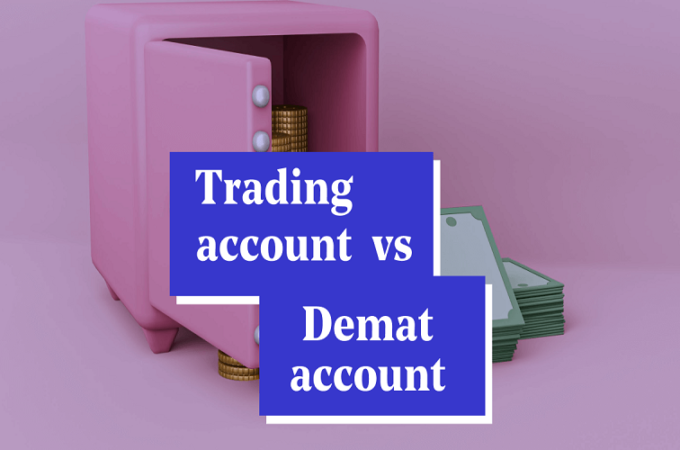
What Are The Risks & Rewards Of Selling Call Option?
Calls and puts are the two primary categories of options. The seller of a put option anticipates a price increase or stability, while the buyer anticipates a decline in the underlying stock before expiration. This scenario is the opposite with put options. A call option’s buyer is bullish and thinks the price of the underlying stock will increase before the option expires. A call option’s seller is bearish and thinks the price will decrease or remain unchanged. So, options trading in both categories carries both risks and rewards. Today, let’s explore how selling Call options impacts traders.
What are Call Options?
Before delving into the merits and demerits of selling call options, let’s go through a quick overview. A call option is fundamentally a financial contract that gives the buyer the right but not the obligation to acquire a particular underlying asset. During call options trading, the transaction takes place at a specified price known as the “strike price.” It is crucial to remember that this transaction is only valid for a certain amount of time, up until its “expiration date.” The ‘premium’ cost that the buyer pays for this option is the maximum possible loss if the underlying asset’s price does not rise.
Selling Call Options
Sellers of a call option expect the price of the underlying stock will remain unchanged or decline prior to expiration. For instance, if you trade a call option with the right to buy 100 shares of a stock for a certain price before the contract expiration date. No matter what kind of call option you decide to sell, this section remains the same. Selling a call option serves the same purpose as selling a put option: to make money by keeping the contract’s premium.
The Rewards of Selling a Call Option
The following are the advantages of selling call options.
Income In The Form Of Premium: One of the main advantages of selling a call option is the potential to generate more revenue in the form of premiums. Selling call options enables you to earn premiums whether or not you own the underlying stock. For instance, if you sell a covered call option, you already own the stock and may sell call options against it to make extra money. You might potentially make premium revenue several times over the course of the year by repeating this strategy.
Advance Premium: You receive the premium money upfront when you sell a call option. Regardless of future market trends or the outcome of the option transaction, you continue to own this payment. You receive instant cash flow as a result of this advance payment, which can be helpful for a number of financial requirements.
The Risks of Selling a Call Option
Here are some of the risks involved in selling call options.
Limited Profit Potential: Selling call options brings in premium revenue, but there is little room for profit. No matter how high the price of the underlying stock may grow, the premium you get sets a cap on your income. You can lose out on possible profits that would have exceeded the premium income if the stock price increases heavily.
Missed Opportunities: When you sell a call option, you agree to do so at the strike price if the option holder decides to exercise it. This implies that unless you decide to buy back the option contract, you cannot profit from any significant increase in the price of the stock. Consequently, if the stock’s value unexpectedly increases, you can miss out on large rewards. So, trade on an online share market app that provides real-time alerts for any major price changes.
Unlimited Losses: Selling uncovered, or “naked,” call options carries the biggest risk in call option trading. So, theoretically, your possible losses are infinite. You would have to purchase the underlying stock at the higher market price to complete the contract if the price of the underlying stock increased too much. Naked call options are considered a high-risk technique and are often not recommended for novice investors due to the possibility of limitless losses.
Conclusion
Selling call options has both benefits and drawbacks. Call options offer a low-risk approach to enhance investment income. Understanding the kind of call options you are selling and their consequences is crucial for risk mitigation. Additionally, you should speak with a trusted investment advisor. Consider reaching out for advice from reliable financial services companies like Share India. It is a well-known name in the Indian financial sector. They will guide and support you in dealing with the complexities of options trading.




